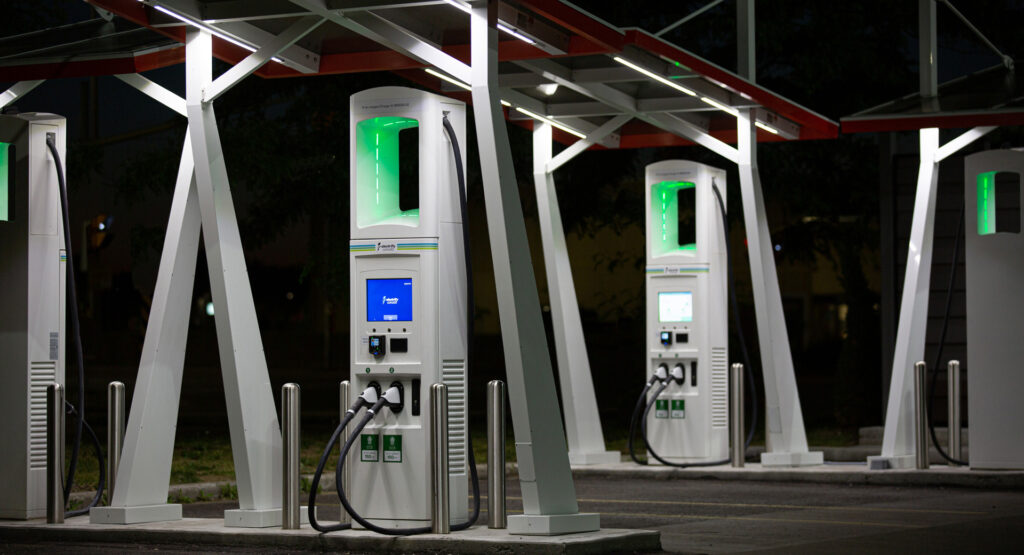The bill, proposed by North Carolina lawyers, would ban the installation of electric car chargers.
Accordingly CleanTechnica.comthe proposed bill Business owners who offer free charging of electric vehicles are required to disclose the average amount spent on each receipt, regardless of whether the consumer has used a charger.
The bill states: “Any person engaged in the business of charging stations for electric vehicles free of charge, regardless of whether the consumer uses charging stations, each consumer of the business, the receipt of purchase of electric charging stations generated by the customer free of charge. The percentage of the purchase price amount is announced.
This, as CleanTechnica points out, can irritate consumers who don’t have electric vehicles at the extra cost of a service they don’t use, and can force businesses to start charging for services or get rid of chargers altogether.
Read more: Washington, DC wants to penalize heavy vehicles, including electric cars
In addition, any company that offers free charging must provide free gasoline, which will prevent any owner from installing a charger at the station.
“Except as provided in GS 136-18.02, the Department of Transportation shall not use public funds to transfer electric vehicle charging stations to state-owned or leased property or to finance or install electric vehicle charging stations on privately owned or leased property. or an institution, unless the department or person or organization provides gasoline and diesel fuel to vehicles free of charge. ”
It is very difficult to accept this bill as anything other than a targeted attack on electric vehicles. The bill also prohibits local governments from spending public funds on installing electric car chargers, and allocates $ 50,000 from the state to remove any charging stations from businesses that do not provide free gasoline and diesel.
However, it would be very easy to overcome the system; This makes it not technically free as the business only needs to take a penny to charge. The bill is not a law yet, so we have to wait and see what happens.
